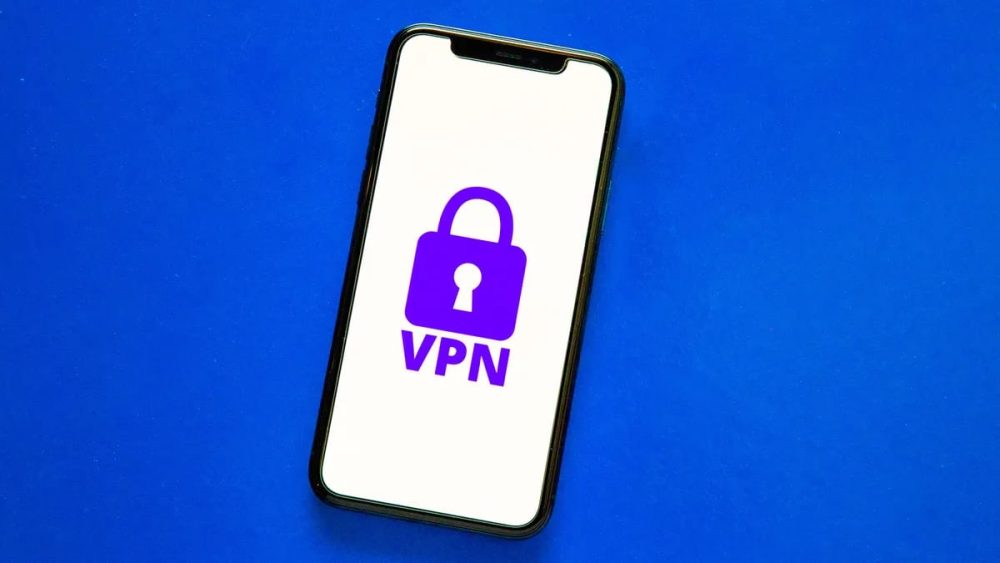The Pakistan Telecommunication Authority (PTA) has successfully registered 20,437 Virtual Private Networks (VPNs) as part of its ongoing whitelisting initiative, covering 1,422 companies across the country. This effort is a key component of a broader regulatory strategy aimed at managing VPN usage within Pakistan.
Of the total VPNs registered, 19,840 belong to 1,286 companies, while 180 VPNs have been registered from 136 freelancer companies. Additionally, 417 VPNs associated with the Pakistan Software Houses Association (PASHA) have also been registered.
The registration initiative aligns with the PTA’s mandate to regulate online content under Clause 37 (1) of the Prevention of Electronic Crimes Act (PECA) 2016, which authorizes the PTA to block unlawful content on the internet. Despite the implementation of geo-blocking measures at the national gateway level, many users continue to access restricted content by using VPNs, which encrypt their traffic and reroute it through foreign servers, effectively bypassing state-imposed restrictions.
READ MORE: PTA Blocks 69,000 SIMs Linked to Fake and Canceled ID Cards
This practice presents a significant challenge for the PTA, as it undermines national policies designed to block access to banned content. VPNs allow users to evade gateway controls by routing their traffic through private, encrypted channels, making it difficult for authorities to enforce content restrictions.
The IT Ministry has pointed out that the PTA has been overseeing VPN registration since December 2010, following a directive issued on December 2, 2010, under the Monitoring and Reconciliation of Telephonic Traffic (MRTT) Regulation 2010, clause 6. The courts have also directed the PTA to take all necessary steps to block unlawful content effectively.
Despite these challenges, VPNs are widely used by legitimate businesses, including software houses, call centers, and foreign missions, for secure and private network management. To balance the need for secure communications with the requirement to prevent misuse, the PTA has issued public notices encouraging the registration of VPNs.
To further streamline the process, the Ministry of Information Technology has noted that the PTA has transferred IP whitelisting controls to the Pakistan Software Export Board (PSEB) to manage a “One Window Operation” for call centers and freelancers. The PTA has been working closely with stakeholders, including the Ministry of IT, PSEB, and P@SHA, to facilitate VPN registration for companies and freelancers. However, the PTA continues to face significant challenges in fully meeting its obligations under PECA while ensuring that VPNs are not misused.




